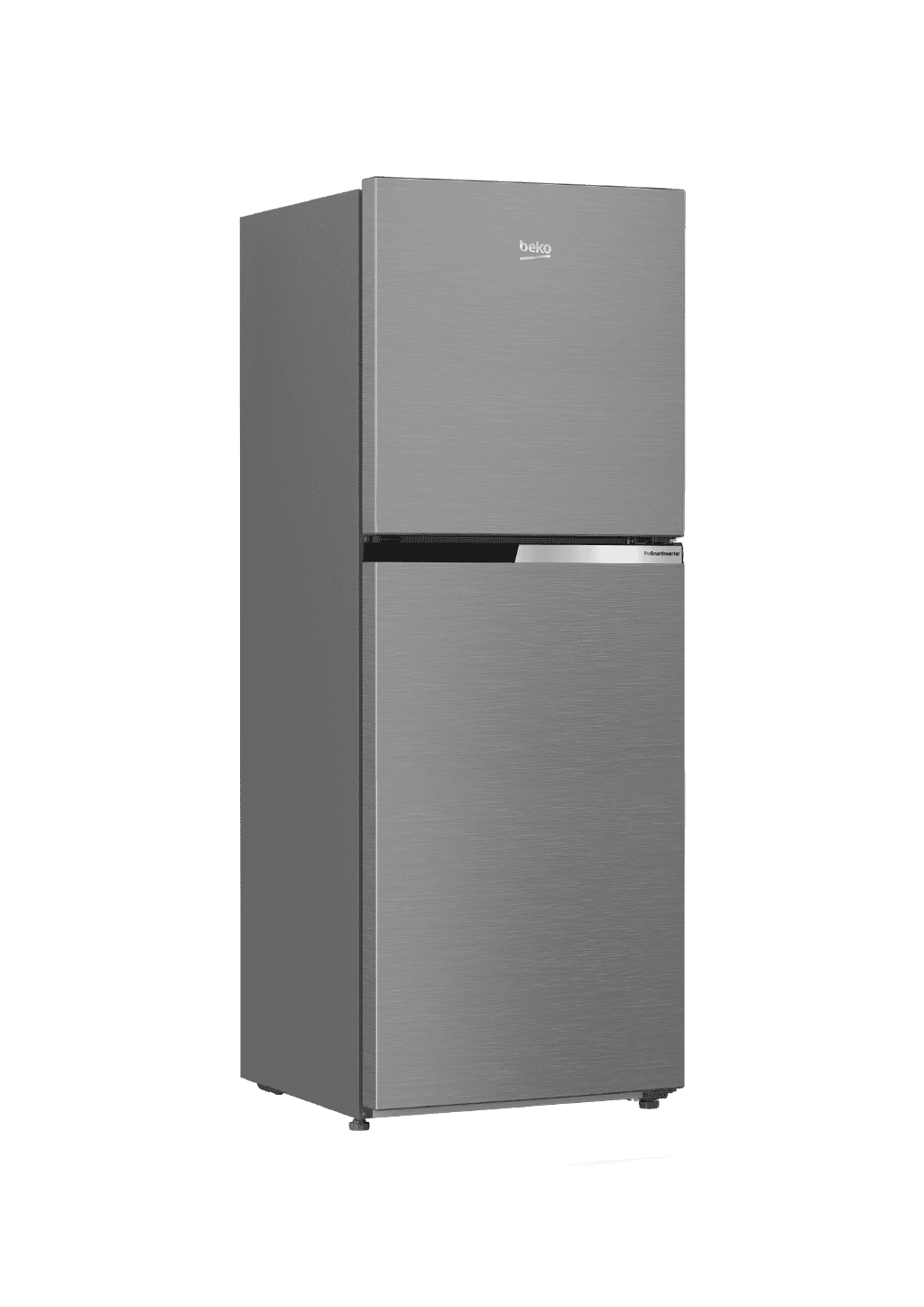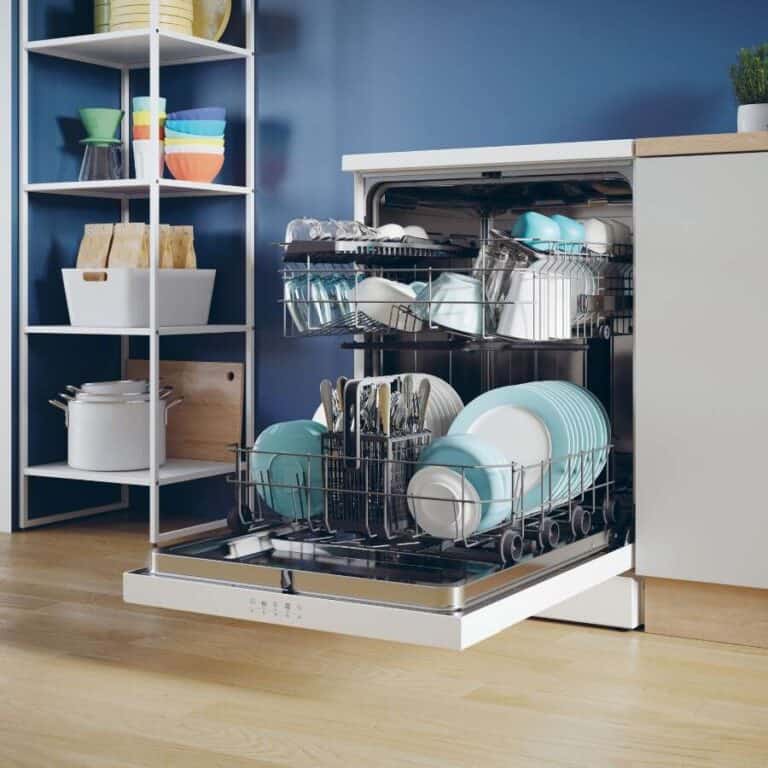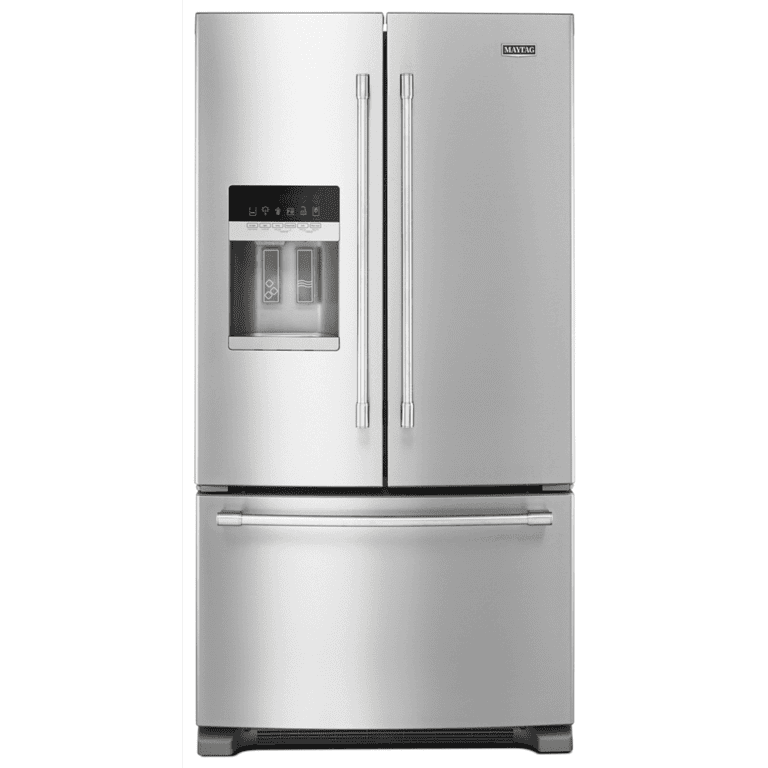Why Is Your Beko Fridge Making a Buzzing Noise? Common Causes Explained
There’s nothing quite as unsettling as hearing an unexpected buzzing noise coming from your Beko fridge. After all, fridges are meant to hum quietly in the background, not draw attention with an annoying buzz.
If you’ve found yourself wondering why your fridge is making this noise, you’re not alone. In fact, several common causes could be behind it, and understanding these causes can help you resolve the issue quickly.
Normal Operating Sounds of a Beko Fridge

When your Beko fridge is running smoothly, it will produce a variety of sounds, and most of them are perfectly normal. These sounds come from components like the compressor, fan, and condenser, working together to maintain the temperature inside your fridge.
The hum of the compressor, the soft clicking as the thermostat cycles, and the occasional gurgling sound of refrigerant flowing are all typical noises you might hear. These sounds should be steady and not too loud.
However, it’s important to differentiate between these normal noises and ones that may indicate a problem. A consistent low hum is fine, but if you start hearing loud buzzing, grinding, or knocking, it’s time to investigate further. These noises could signal issues with components like the fan or compressor.
Furthermore, alterations in the sound patterns may raise concerns. If the sounds become erratic or significantly louder, it may be a sign that something’s off. Pay attention to these changes so you can address potential problems early.
To summarize:
- Normal Sounds: Low hum, gentle clicks, light gurgling
- Concerning Sounds: Buzzing, grinding, knocking
- Pay Attention To: Loud or irregular noises signaling possible malfunctions.
If your Beko fridge is making a buzzing noise, it could be due to several reasons. Let’s dive into the potential culprits of the buzzing sound and what you can do about it.
1. The Compressor: The Heartbeat of Your Fridge

At the core of your fridge’s cooling system is the compressor. This is the part responsible for circulating the refrigerant and keeping things cool. Think of it like your fridge’s engine, powering the entire operation. Sometimes, the compressor can start making noise if it’s worn out or struggling to keep up. A faulty compressor often results in a loud buzzing or humming sound, signaling that it’s working harder than it should.
If you suspect the compressor is the issue, it’s time to get a professional involved. They’ll be able to diagnose the problem and determine if the compressor needs replacing or if it’s simply a temporary glitch.
2. Condenser Fan Motor: The Unsung Hero
Next up on the list is the condenser fan motor. This motor is responsible for expelling heat from the fridge to maintain the right temperature. When it’s working properly, it’s hardly noticed. However, when the fan motor malfunctions, it can make a persistent buzzing or grinding sound. The motor might be struggling to operate due to debris, dirt buildup, or simply old age.
Here’s how to check: Inspect the condenser coils behind your fridge. If they’re dirty or dusty, give them a good clean with a vacuum or brush. If that doesn’t fix the buzzing, you may need a replacement fan motor, and calling a technician is your next step.
3. Leveling Issues: A Tilted Fridge Can Cause Vibration
Your Beko fridge needs to be level in order to operate smoothly. When it’s not sitting evenly on the floor, it can cause the compressor and fan to vibrate, leading to buzzing noises. Even if you don’t notice it visually, the tiniest tilt can set off a chain reaction of vibrations.
Check the leveling of your fridge. If the fridge is rocking even slightly, adjust the leveling feet so it sits flat. This simple fix could make a world of difference and stop the noise in its tracks.
4. Ice Buildup: Frozen Overload
A common, yet often overlooked, reason for buzzing noises is ice buildup on the evaporator fan. When ice or frost accumulates on the fan blades, it can cause an imbalance in the system. As a result, the fan starts to make a buzzing or vibrating sound as it struggles to turn.
Look inside your freezer and check for any signs of frost buildup. If you find excessive ice, defrosting the freezer should resolve the issue. Regular defrosting can prevent this issue from recurring and keep your fridge running smoothly.
5. Obstructed Fan Blades: A Simple Blockage
Sometimes, the solution is as simple as an obstruction. If an item inside your fridge or freezer is touching the fan blades, it could cause a buzzing noise. The fan blades need plenty of space to rotate freely. Any contact with the walls, shelves, or food can create friction, which produces that annoying buzz.
Take a look inside your fridge and make sure nothing is obstructing the fan. Rearrange items if necessary and ensure that there’s enough clearance for the blades to work without interference.
| Also read: Why Is My Haier Fridge Not Dispensing Water? |
Is a Buzzing Sound Normal?
Here’s the thing—some buzzing noises are completely normal. Your Beko fridge might make a gentle hum as it operates, especially when the compressor is kicking into gear. This is the sound of your fridge working as it should. However, if the noise becomes louder, irregular, or constant, it could be a sign that something is amiss.
If the buzzing persists and is joined by other issues, like your fridge not maintaining a cool temperature, it’s time to seek professional help. Don’t ignore it; your fridge could be sending a signal that it’s in need of repair.
How to Stop the Buzzing Noise
If you want to take matters into your own hands, here are a few simple steps you can try to stop the buzzing:
- Level Your Fridge: Check that your fridge is sitting flat on the floor. Uneven floors are often the root cause of buzzing vibrations.
- Clear the Coils: Dust and dirt can clog up the condenser coils, causing the fridge to overwork. Give them a good cleaning with a vacuum or brush.
- Check for Blockages: Ensure that nothing inside your fridge or freezer is blocking the fan blades. Items should have enough space to let the fan rotate freely.
- Defrost the Freezer: Ice buildup is another common cause of buzzing. If you spot frost on the fan, defrost the freezer to restore balance.
If these fixes don’t work and the buzzing noise continues, it might be time to call in a technician.
| Check out: Why Does My Refrigerator Make a Gurgling Noise? |
When Should You Worry About Your Fridge’s Noise?
Let’s be honest: some fridge noises are just part of the package. Clicking, humming, or occasional gurgling sounds are normal. However, if you hear persistent buzzing, grinding, or any other loud, irregular noise, don’t ignore it. It could be an early warning sign that something’s not quite right.
In these cases, get in touch with a professional to assess the situation. It’s better to address potential problems before they escalate into costly repairs.
Should I Unplug My Fridge?
If the buzzing noise is so loud it’s becoming unbearable, you might be tempted to unplug your fridge. But should you? It depends on the severity of the noise and what’s causing it. If the buzzing is accompanied by other symptoms, like food that’s no longer staying cold or a hot exterior, it’s a good idea to unplug the fridge and call a technician.
However, if the noise is minor and doesn’t seem to be affecting the fridge’s performance, you can try cleaning the condenser coils and checking the fridge’s level. These small fixes could help solve the problem.
Final Thoughts
While a buzzing noise in your Beko fridge can be concerning, it’s not always a cause for alarm. Knowing the common causes of fridge buzzing, such as compressor issues, fan malfunctions, or leveling problems, can assist you in addressing the issue directly. Regular maintenance, like cleaning the condenser coils and defrosting the freezer, can prevent many of these issues from cropping up in the first place.
If the noise continues despite your efforts, don’t hesitate to reach out to a professional technician. Taking prompt action will keep your fridge in top shape and restore peace and quiet to your kitchen.
Address a buzzing fridge early to ensure its smooth operation for years to come.






